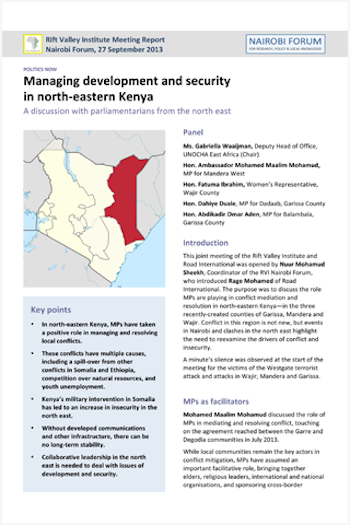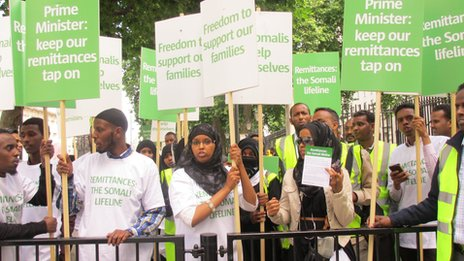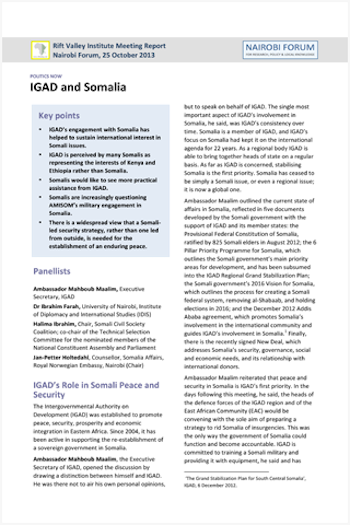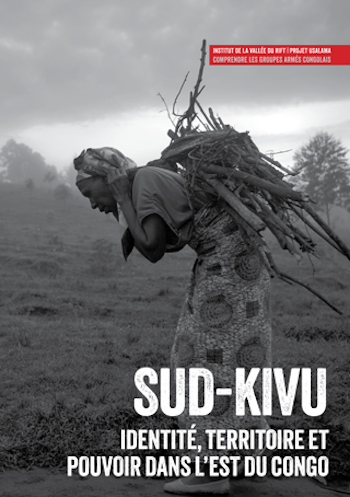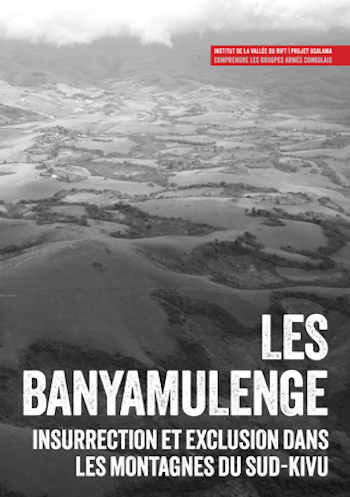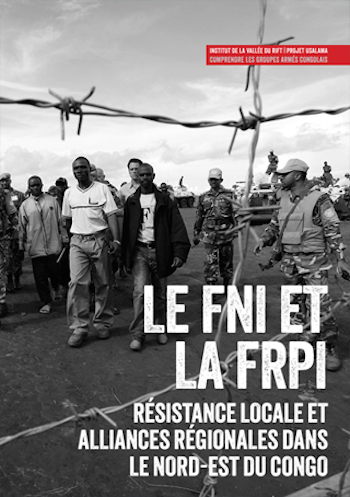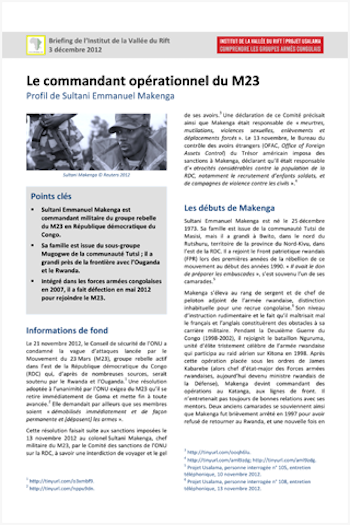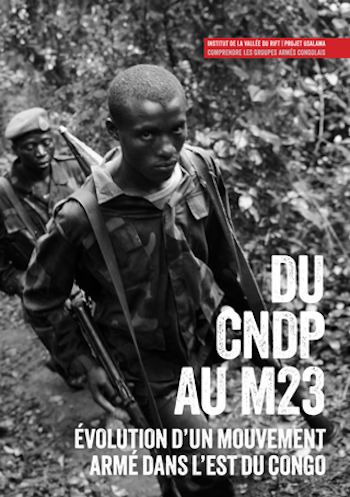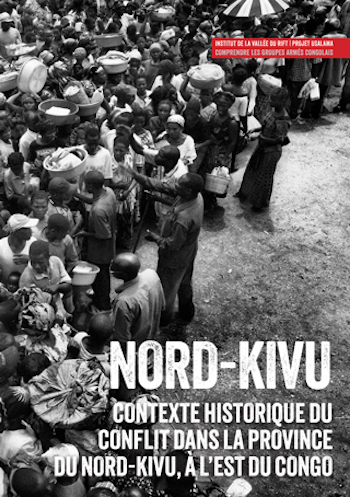Key points In north-eastern Kenya, MPs have taken a positive role in managing and resolving local conflicts. These conflicts have multiple causes, including a spill-over from other conflicts in Somalia and Ethiopia, competition over natural resources, and youth unemployment….
RVI publishes books, research reports, research papers, briefings and meeting reports in a range of formats. Publications cover policy, research, arts, culture and local knowledge in the countries of eastern and central Africa. Research publications—books, reports and papers—are peer-reviewed. Some RVI publications are also available in French and/or Arabic.
The RVI is a signatory of the Budapest Open Access Initiative (2001); all publications are free for download in PDF format under Creative Commons licences. The views expressed in books and reports published by the RVI are those of the authors, not the Institute.
SEARCH
PUBLICATION TYPE
LANGUAGE
REGION
COUNTRY
Key points Remittances from abroad are a vital lifeline for households in Somalia. 40% rely on them to meet food security needs. The majority of remittances to Somalia, Puntland and Somaliland are through licensed money transfer operators (MTOs) rather…
Key points IGAD’s engagement with Somalia has helped to sustain international interest in Somali issues. IGAD is perceived by many Somalis as representing the interests of Kenya and Ethiopia rather than Somalia. Somalis would like to see more practical…
Ce rapport Usalama par Koen Vlassenroot décrit la dynamique historique à l’origine des mouvements armés au Sud-Kivu, en mettant plus précisément l’accent sur la période située avant la Première Guerre du Congo. La province du Sud-Kivu se trouve au…
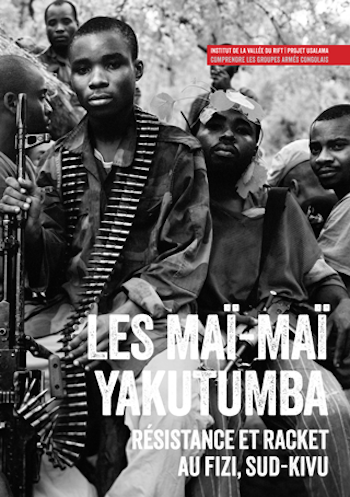
- By Jason Stearns, Anonymous
- Download
Ce rapport du Projet Usalama examine les Maï-Maï de William Amuri Yakutumba, un groupe qui, initialement, ont été démobilisé après la Deuxième Guerre du Congo (1998-2003). Cependant, après avoir peiné de trouver d’autres moyens de subsistance, ils ont remobilisé,…
Ce rapport Usalama par Jason Stearns et al. examine les Banyamulenge, une communauté Tutsi vivant dans l’est de la RDC qui s’est trouvée au coeur des multiples conflits qui sévissent de manière intermittente dans l’est de la RDC depuis…
Ce rapport par Henning Tamm examine la chute rapide de la violence armée en Ituri, un district où se manifeste tous les principaux défis du Congo à la stabilisation. Le rapport met l’accent sur le Front des nationalistes intégrationnistes (FNI) et…
Ce briefing du Projet Usalama présente une biographie concise du commandant en chef du M23, Sultani Makenga. Il décrit son ascension dans les rangs, son adhésion précédente au Rassemblement congolais pour la démocratie (RCD) et au Congrès national pour…
Ce rapport du Projet Usalama explore les racines de la plus récente rébellion dans l’est de la RDC. Il discute aussi les implications de la rébellion sur les voisins à l’est de la RDC, le Rwanda et l’Ouganda, qui…
Ce rapport du Projet Usalama résume le contexte historique de la profusion des groupes armés qui ont surgit dans les deux dernières décennies dans la province du Nord-Kivu en RDC. Le rapport sert à démystifier les nombreux factions armées…
Recent Publications

EWNET Writes: Writing Workshop Session I
December 18, 2025
The Ethiopian Women Researchers Network (EWNET) inaugural writing workshop series aims to not only provide women researchers with uninterrupted time for their scholarly projects, but also build a supportive academic community. The first session, entitled ‘EWNET Writes: Writing Workshop Session

SSC-Khaatumo: Perspectives on the significance and implications of its formation
December 12, 2025
On 15 April 2025, during a visit to the city of Las Anod in Sool, Prime Minister Hassan Abdi Barre officially declared the federal government’s recognition of SSC-Khaatumo (SSC-K hereafter) as a federal member state, marking an important milestone in

Aid and Conflict Sensitivity in Contemporary Ethiopia
November 17, 2025
This study assesses conflict sensitivity practices among humanitarian, development and peacebuilding (HDP) actors in Ethiopia. It seeks to raise awareness and foster a deeper understanding of the evolving aid landscape in the country while analysing the challenges that affect conflict-sensitive

